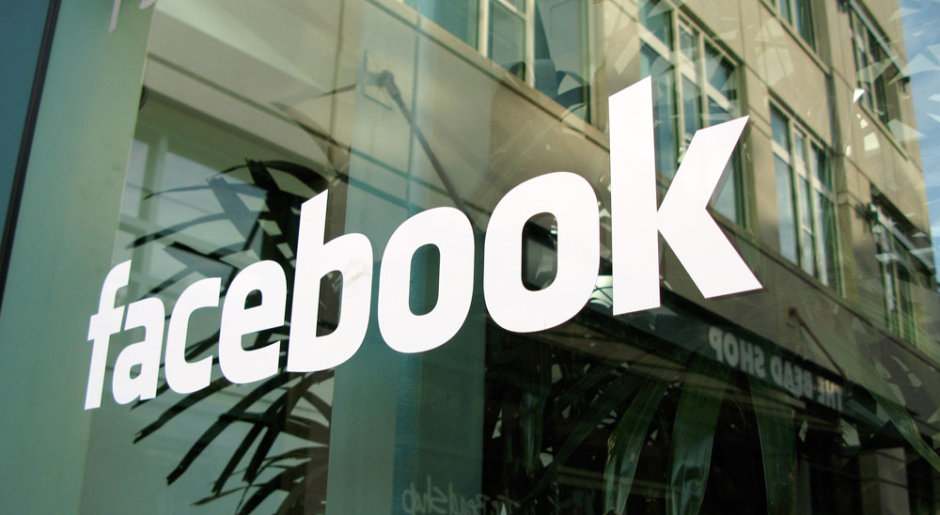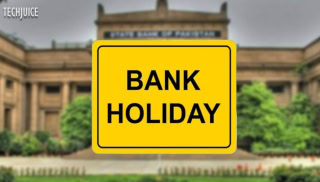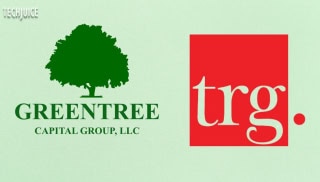In his recent statement the Facebook founder Mark Zuckerberg has said “We have an idea that we’re going to be ready to test soon, and depending on how that does, we’ll roll it out more broadly,”
Okay – cool – great! What people should understand is the psychology of the social and anti-social responses on these networks. Facebook, Twitter and LinkedIn have different patterns of psychology working. The behaviors of the users are dependent on the context of the status and tweets.
If you are posting something on Facebook, the status is shown to your friends and followers depending on the settings you and other connected to you have chosen. The status is shown “Definitely” to your close circle, and will be a mere notification to other connections or friends. So the “Dis-like” option will create the same impact as like – for anyone who is not in close circle.
That would, however, depends on the nuisance created by motivated elements that they would project their “Un-likes” to the public and make a noise over it, and that could be really harmful for the businesses, marketing campaign, startups and individuals.
On Twitter the trends and channels introduced by companies for their marketing or social discussions have turned their effect against the companies as well. But that is a fact we all know and companies have their social media team ready to deliver good amount of fire on either side, there is no secret in that anymore, here is another example.
So where does this “Un-Like” thing can do heavy damage? Well, let’s say if LinkedIn also add this feature to their network. Now imagine the damage it can do to the job posting, company updates and professionals.
What’s coming up is of high concern actually. I hope that social media psychologists and campaign owners have thought of strategies over it. “I unlike your post” is one thing; “I unlike your company, your products, what it does and the job you have posted” is entirely a different story.
Think about it!











